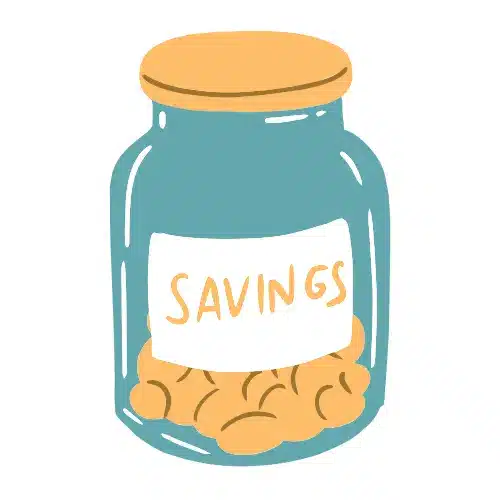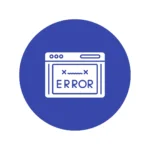When it comes to saving money, out of these deposit products, which one would you choose?That is Term deposit, Special Term deposit and Recurring deposits.
Which one would you go for? The answer would be- it depends on what you are looking for, right?
Whether you want to go for monthly savings plan or you want to save in bulk. To understand them better, let’s take a little further into these deposit products.
All of them are time deposits available at the bank. Unlike a savings bank account, a time deposit is a deposit account where you need to keep it in the bank for a certain period of time. The period cab be between 7 days to 10 years. You can choose as per your requirement.
With these deposits, you can earn a decent amount of interest on your deposit. Bank usually offer these products to all categories of customer.
From a minor account holder to the pension account holder. Anyone can open the account and that includes non-personal accounts, such as- a proprietorship bank account, and other institutional or firm accounts.
The interest rate of these deposits varies product wise as well as it depends on bank to bank. The logic is that when the bank don’t need money, the interest rate is cheap and when they want it, the rate goes higher.
The main factor that control the rate is the Reserve Bank. They control the financial flow of the country by regulating the repo rate.
Reserve bank doesn’t directly control the bank deposit rates but it impact indirectly as it dictates the lending and borrowing cost of the bank.
For example, when the repo rate decrease, all bank significantly reduce their deposit rates and increase lending rate. That means FD rates will be lower then usual and loan will be costlier.
Now, let’s understand each of these deposits one-by-one. There are some variations among these deposit schemes. Let’s find it out.
So, what is Term Deposit?
It’s a type of fixed deposit account that you open in the bank for a period of 7 days to 10 years. You can choose the tenor as per your requirement. Here the interest rate is higher than the saving account. The rate of interest is different for each bank. Presently it’s between 5 to 7 per annum.
The add-on feature in a term deposit is that you can withdraw the interest earned on a monthly, quarterly or annual basis.
At the end of the tenor, you will get back your principal invested fund.
What about Special Term Deposit?
Basically, it’s just like a term deposit, but the difference is you can open STDR for a period between 6 months to 10 years. There will be no option for interest payout. The rate of interest is just the same as a term deposit but it may vary from bank to bank.
The maturity value will be paid to you by the end of the tenor. This maturity value includes invested principal plus interest earned minus TDS (Tax deducted at source).
Recurring Deposit (RD)
A recurring deposit is quite different from a term deposit and a special term deposit. Here the investment does take place in a monthly recurring period of time.
You can choose the period of investment from 1 year to 10 years, although the rate of interest will be the same as the other fixed deposit, it may vary from bank to bank.
Also, read about Sukanya Samridhi Yojana account
So, it is pretty clear that the bank has given these products as per the need of their customers. You know! customers do have different appetites. If you want to get an interest payout then you choose a term deposit.
If you invest ₹1 lakh in a term deposit, monthly you will receive around ₹ 584/- presuming the rate of interest is at 7.
If you do not want the interest payout and would like to get all together at the end of the tenor, then you have to go for a special term deposit.
Last but not least, a recurring deposit is devised by the bank to inculcate the habit of savings. As low as ₹ 100/- can be saved through RD. There is no maximum limit, if you have the capacity of saving ₹1 lack per month, you can go for it.







